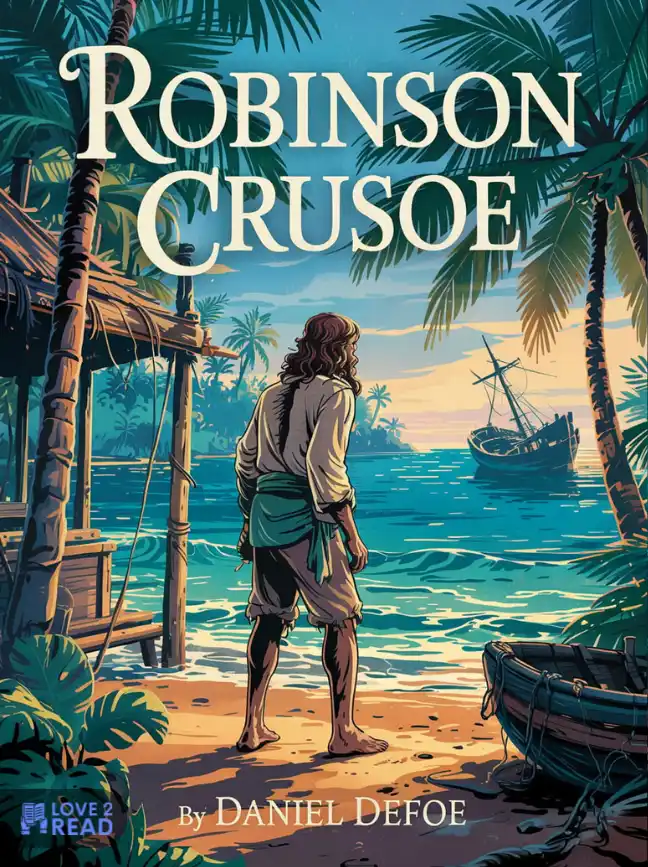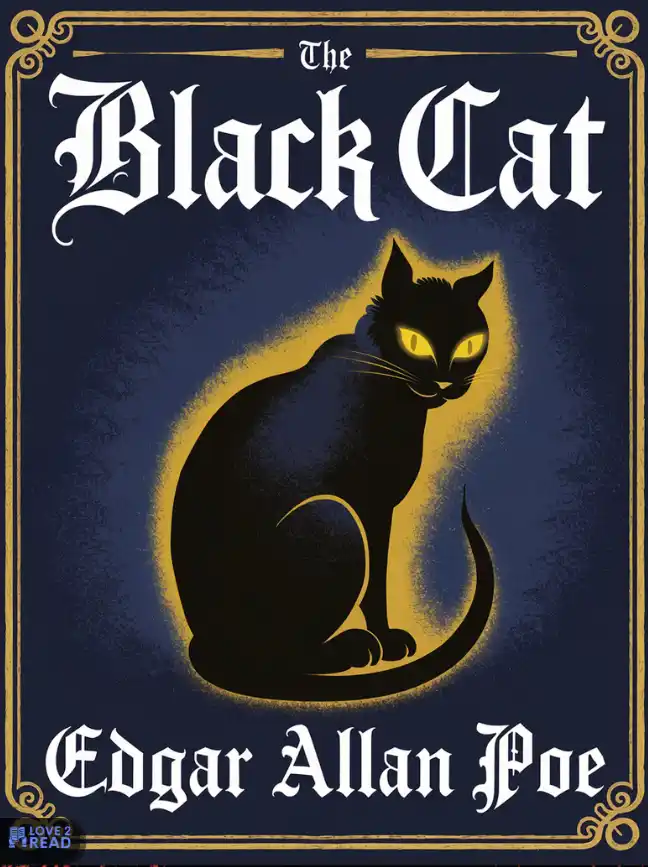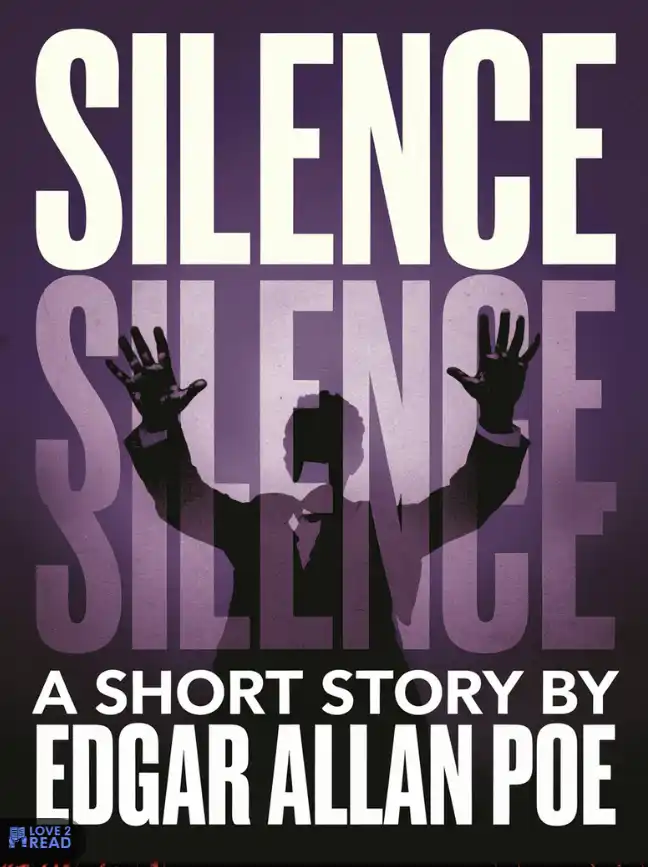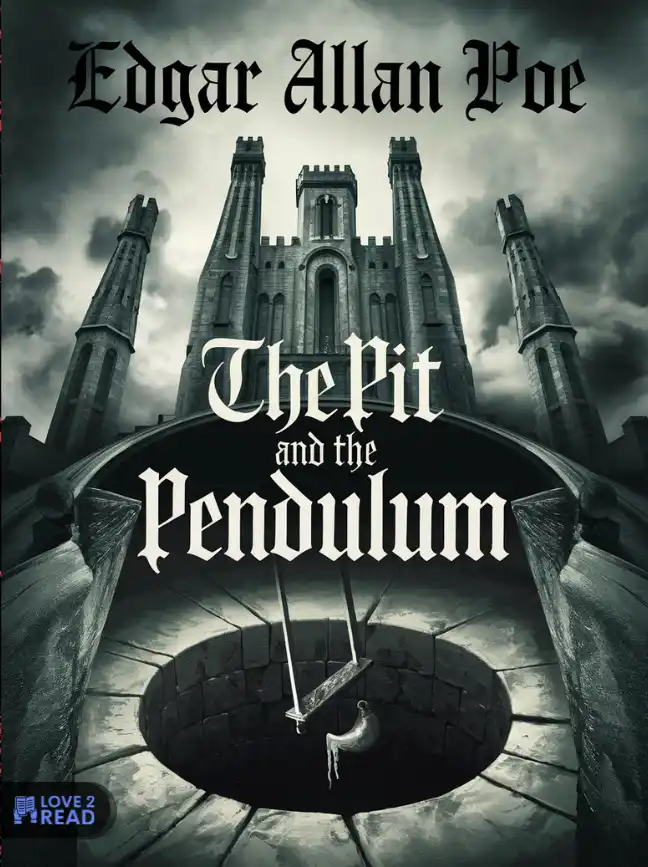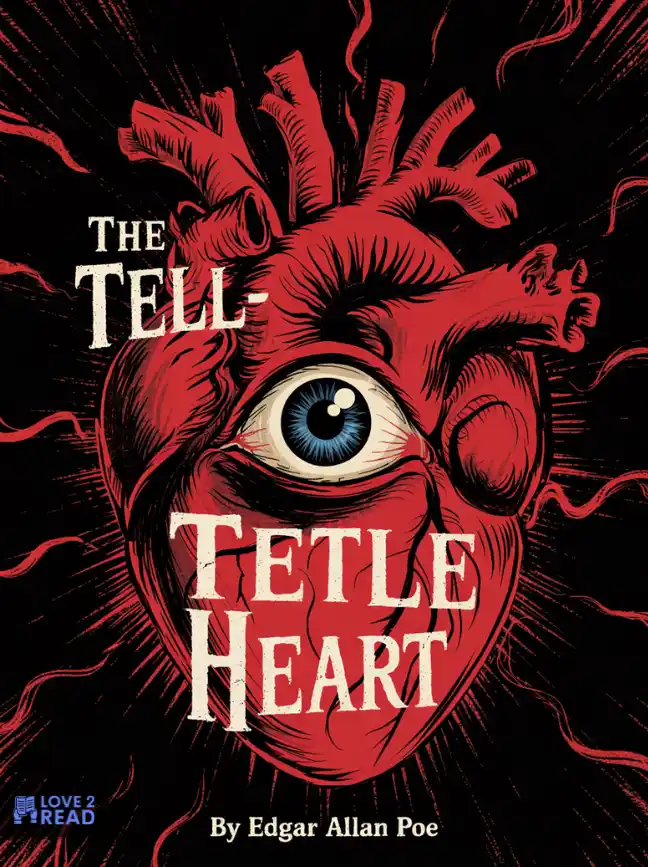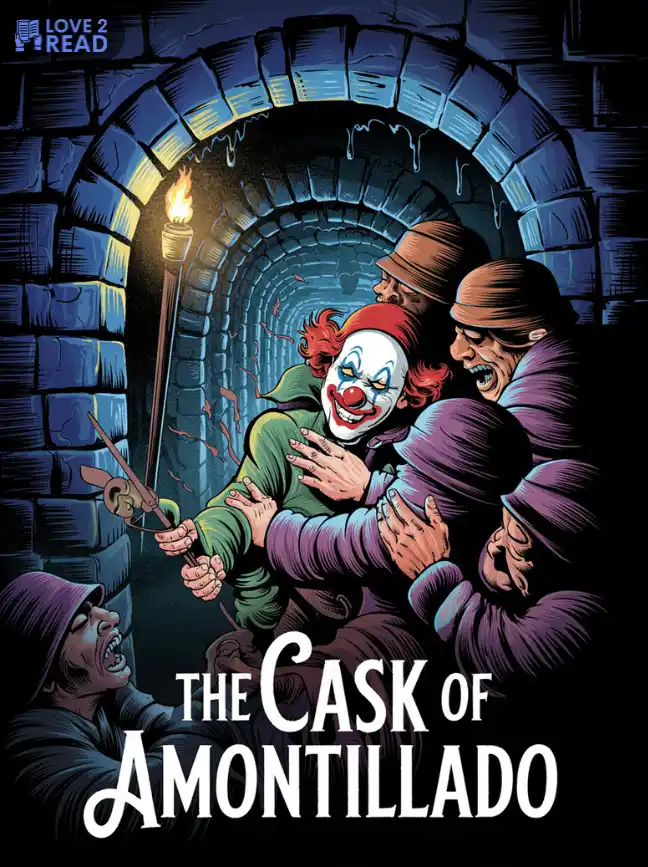Daniel Defoe’s Robinson Crusoe, published in 1719, is a seminal English adventure novel that chronicles the life of its titular character, Robinson Crusoe, a young man driven by a desire for seafaring exploration. Defying his father’s wishes for a stable legal career, Crusoe embarks on a series of voyages, during which he experiences shipwrecks, enslavement, and eventually, a catastrophic storm that leaves him stranded on a deserted island near the coasts of Venezuela and Trinidad. Over the course of 28 years in isolation, Crusoe demonstrates remarkable ingenuity and resilience, constructing shelter, cultivating food, and domesticating animals to survive. His solitude is later shared with a man he rescues from cannibals, whom he names Friday, marking a significant turn in his island existence.
Beyond its gripping narrative, Robinson Crusoe delves into profound themes such as self-reliance, civilization, and the human spirit’s capacity to endure adversity. Crusoe’s transformation from a naive adventurer to a resourceful survivor reflects the Enlightenment ideals of individualism and human progress. The novel also explores the dynamics of colonialism and cultural encounters, particularly through Crusoe’s relationship with Friday. Defoe’s work has been lauded for its realistic portrayal of survival and has significantly influenced the development of the English novel, cementing its status as a classic in literary canon.

